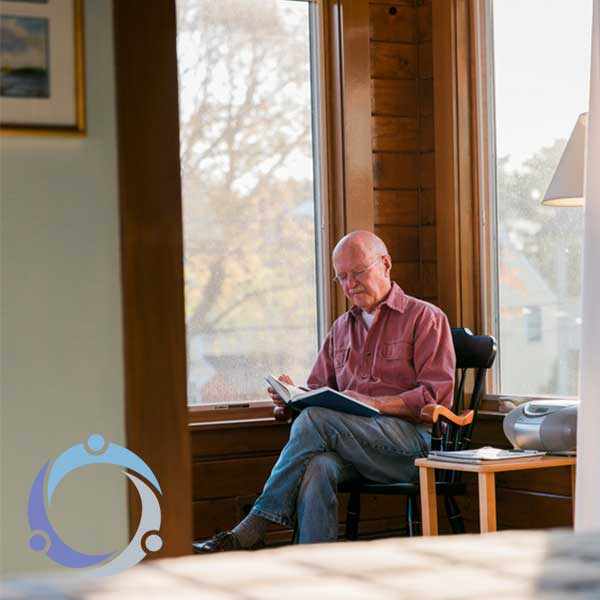
How to Deal With Grief After A Loved One Passes
Contributed by Michelle Hassler
Losing a loved one can feel like drowning. Like being submerged underwater, you experience intense pangs of panic, pain and hopelessness. You manage to break through the surface – gasping for air, disoriented and weak. Whether the loss is sudden or anticipated, seldom are you prepared to deal with the intense flooding of emotions that surge when you lose someone close to you. Everyone copes with grief differently. Some people boldly or loudly express their pain, while others quietly slink through the hours hiding an all-consuming hurt. Knowing how to deal with grief after a loved one passes will help you to find a life raft, get back on your feet, and begin to navigate life again. Here, we’ll try to help you navigate the waters of dealing with grief.
Continue reading →











